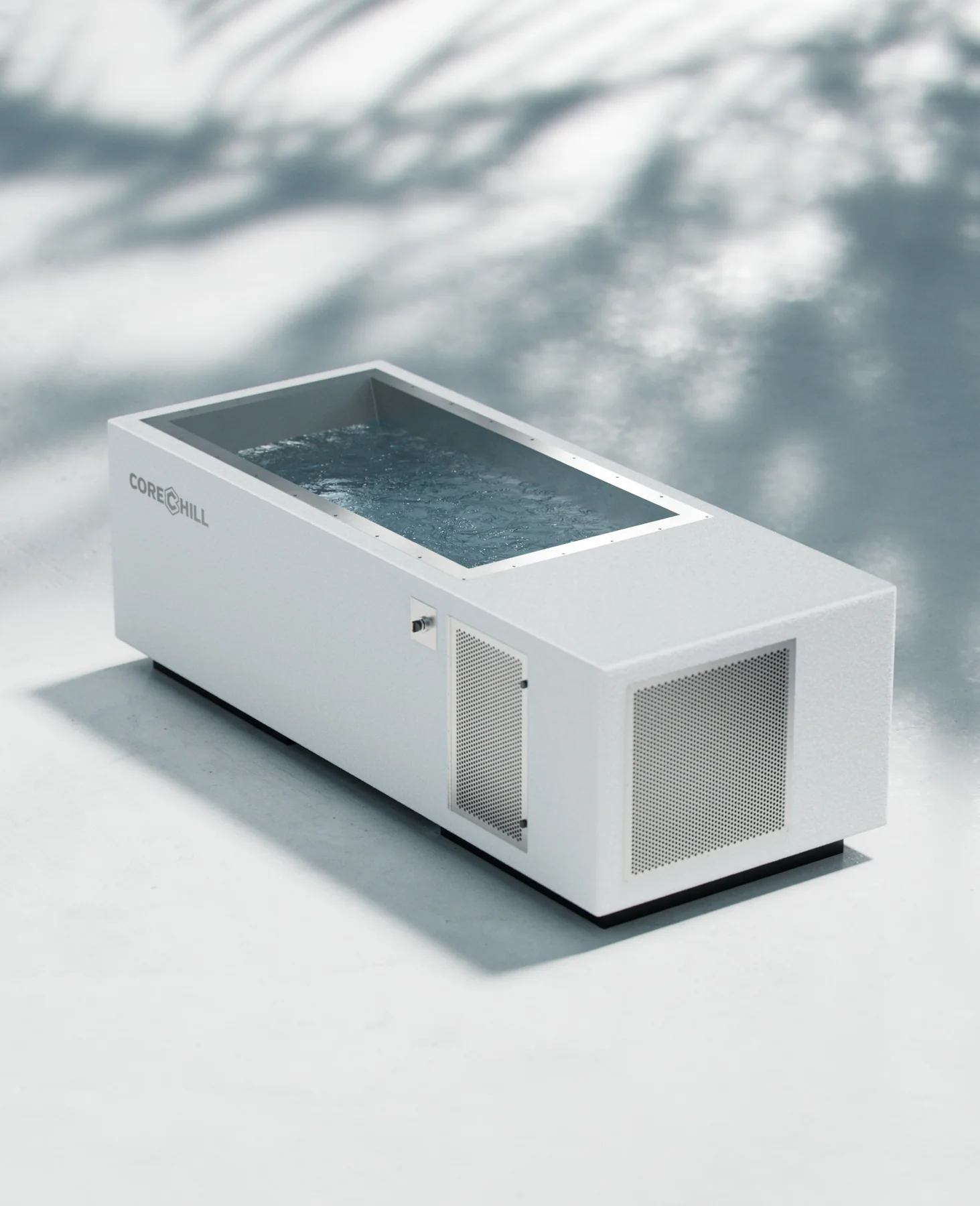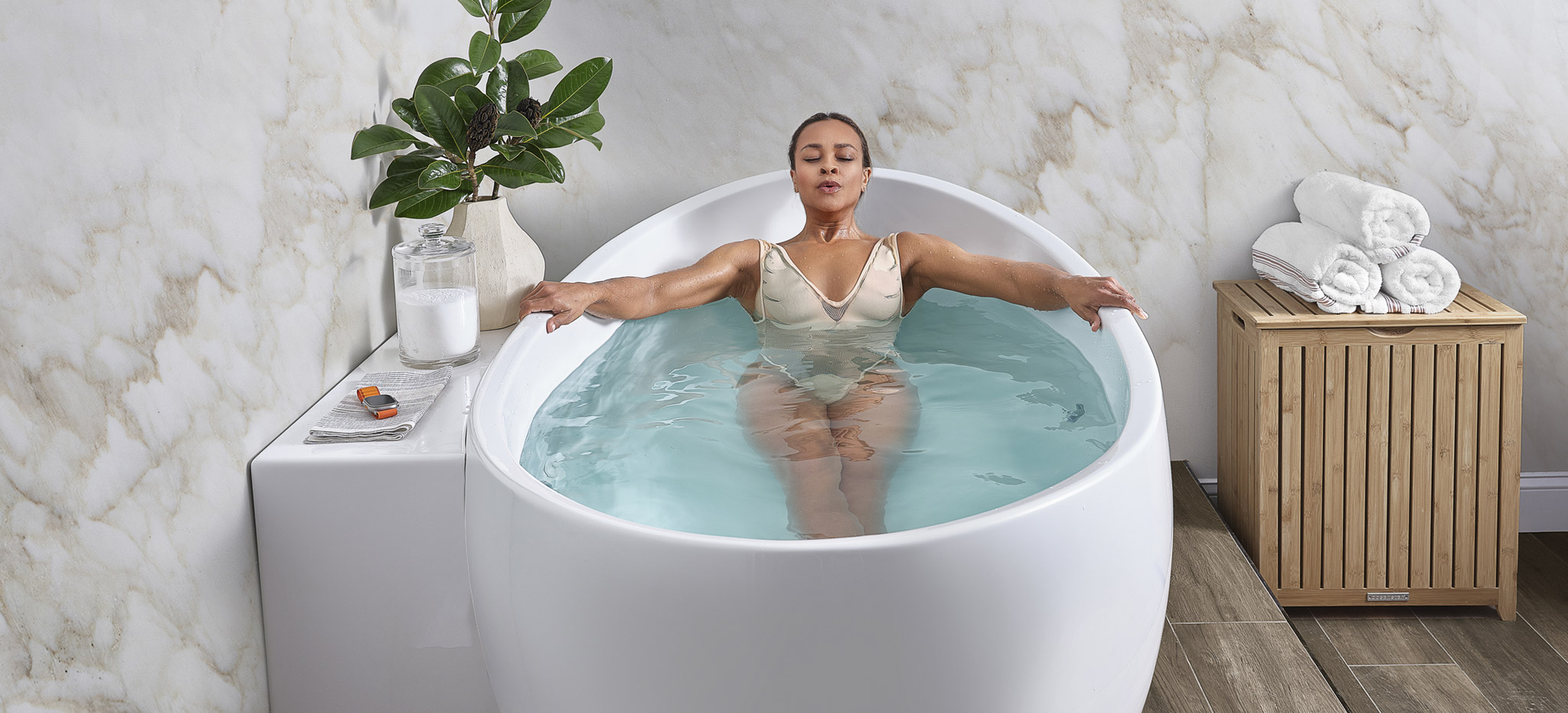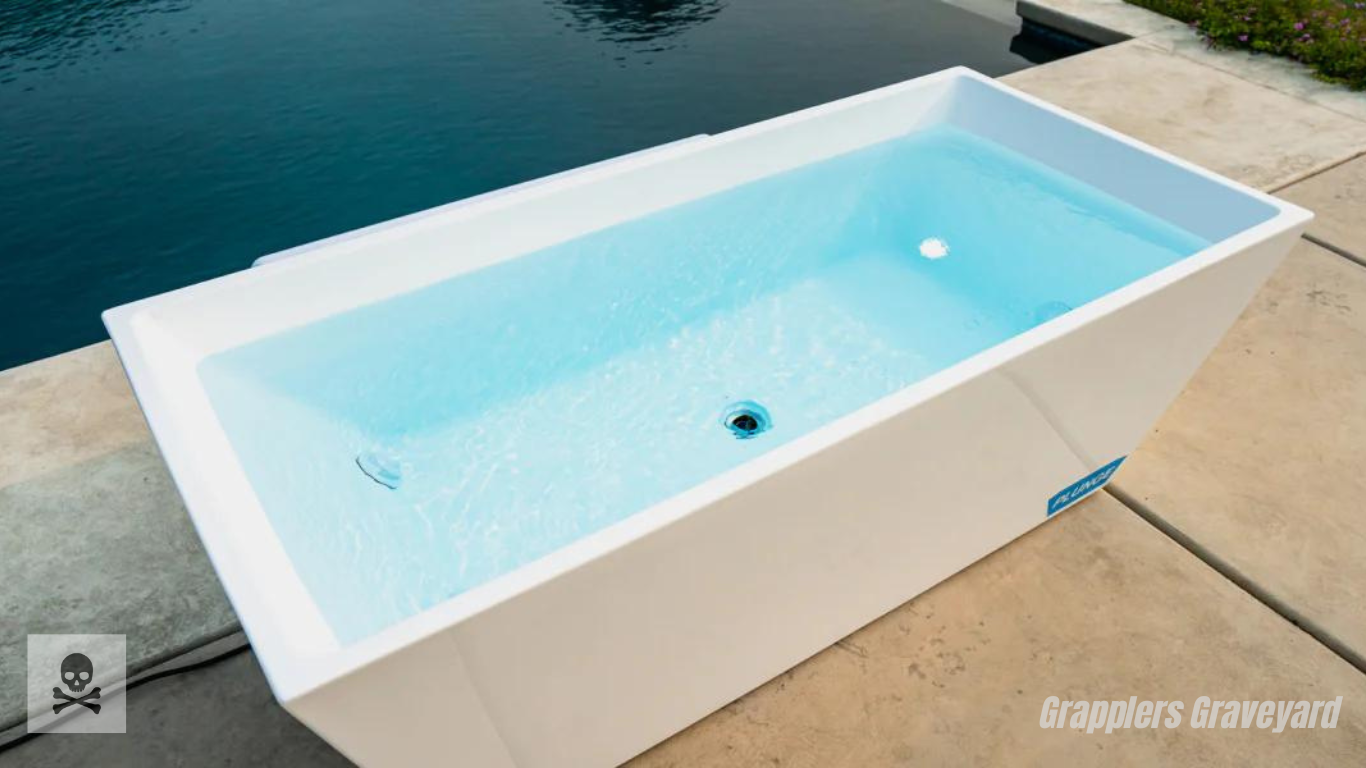
Cameron
Cold water immersion, better known as cold plunging, has been picking up in popularity over the past couple of years. Advocates of cold plunging claim they offer a number of benefits such as increased energy, enhanced clarity, and overall immune system boosting however it is important to ask the question “Are cold plunges risky”?
In this article, we attempt to answer that question and help you go into cold plunging with the clearest idea if it is for you or not.
Are Cold Plunges Risky?
Cold plunging is a practice that is taking over the health space right now but it should be noted that the practice does not come without its risks. There are a specific group of people who should be cautious before just diving into cold plunging. If you have any underlying conditions or are elderly this article should help you decide if cold plunging is for you.
For most healthy individuals, cold plunging is a safe experience.
Risks Associated With Cold Plunging
Drowning
Drowning occurs when water is inhaled into the lungs, suffocating the person in the water. The likelihood of this happening are slim to known and should not be something you are entirely concerned about. There have been zero recorded cases of drowning due to an ice bath. Drugs and alcohol could increase the likelihood of this happening though so if you plan on cold plunging please just do so sober and not under the influence.
Hypothermia
One of the risks that are associated with cold plunging is the risk of getting hypothermia. Hypothermia occurs when the core body temperature drops too low, usually around 95℉ (35℃). While the exposure to the cold is only brief when you cold plunge and may not pose a serious risk for most people partaking in the practice, if you are elderly, more susceptible to hypothermia, or has a comprised immune system you may want to proceed with caution.
The risk of hypothermia from cold water immersion progresses in four stages (source):
- Initial immersion (first three minutes), skin cooling
- Short-term immersion (3 min +), superficial neuromuscular cooling
- Long-term immersion (30 min +), deep tissue cooling (hypothermia)
- Circum-rescue collapse
So, as you can see the likelihood of getting hypothermia directly correlates to the amount of time you spend submerged in the cold water. If you are planning on taking the plunge, be wary of the time limits you put yourself through.
Do not try to push yourself too far especially if you are just starting out.
Cardiac Arrest
People with heart problems may want to approach cold plunging with an err of caution. The sudden shock of the cold water immersion causes blood vessels to constrict which could lead to an increase in heart rate.
If you have any underlying conditions it is important to consult with a doctor or healthcare professional to make sure that you are cleared to immerse yourself in cold water.
Hyperventilation
Cold air and cold water trigger respiratory stress in susceptible individuals. The rapid change in temperature can be too much for people to handle especially if the water is too cold and they are new to the practice of cold plunging. Cold plunging can induce hyperventilation making those with conditions like asthma side with caution when approaching cold plunging.
Pregnant Women
If you are pregnant you should avoid cold plunging. Pregnancy already puts enough stress on the body to begin with and sudden cold exposure can place further risk on your system. The risks for both the mother and the developing fetus make it essential to consult with a doctor before attempting cold plunging while pregnant.
Find the top rated cold plunges here. In depth reviews and commentary on the best cold plunge devices on the market. Find exclusive discounts and much more.
Mitigate Risk
Talk to a Doctor
If you have any kind of condition and are concerned reach out to a healthcare professional to ask questions. They will catch you up to date on the risks that could be associated with your particular condition and help you make an informed decision.
Prep your Body
Your body needs time to prepare for the sudden shock of cold. Get your body ready gradually, don’t go trying to run a mile before you can walk. We advise not making the water as cold as possible to start off, slowly adjust the temperature of your cold plunge over time and let you body get used to the experience.
Listen to Your Body
With that being said, listen to your body if something feels off. If you are feeling any of the following symptoms you should get out of the water:
- Chest Pain
- Increase in breathing or irregular breathing
- Lightheadedness or dizzy
- A change in the color of the toes or the fingers
Build Up Your Practice
Just like if you are preparing for a competition, marathon, or any kind of physical test/event, you need to prepare your body. You will need to build up the amount of time spent underneath the water over time. For your first or second plunge, try not to spend any longer than 5 minutes under the cold water.
Watch Water Temperature
A cold plunge typically is safe between 55-69 degrees, anything lower could be a potential health risk. Keep an eye on the temperature of the water before submerging yourself and work yourself up over time with deliberate cold exposure.
Find the top rated cold plunges here. In depth reviews and commentary on the best cold plunge devices on the market. Find exclusive discounts and much more.
Thinking About Buying a Plunge?
We are your ultimate destination, offering unparalleled expertise and exclusive discounts that you won't find anywhere else!
Thank you for your trust!
Your trust in our knowledge does not go unnoticed! We will be in touch shortly!






